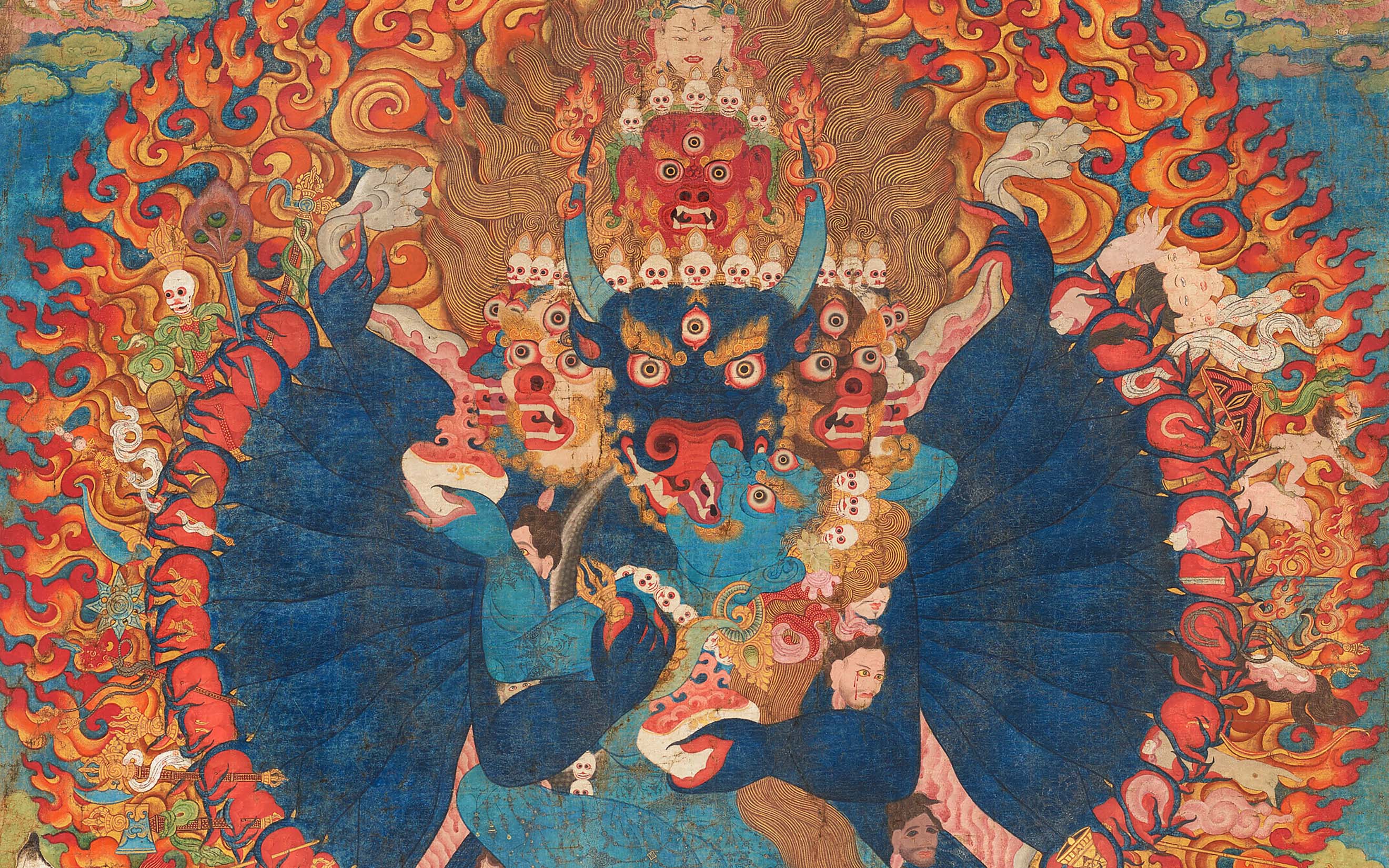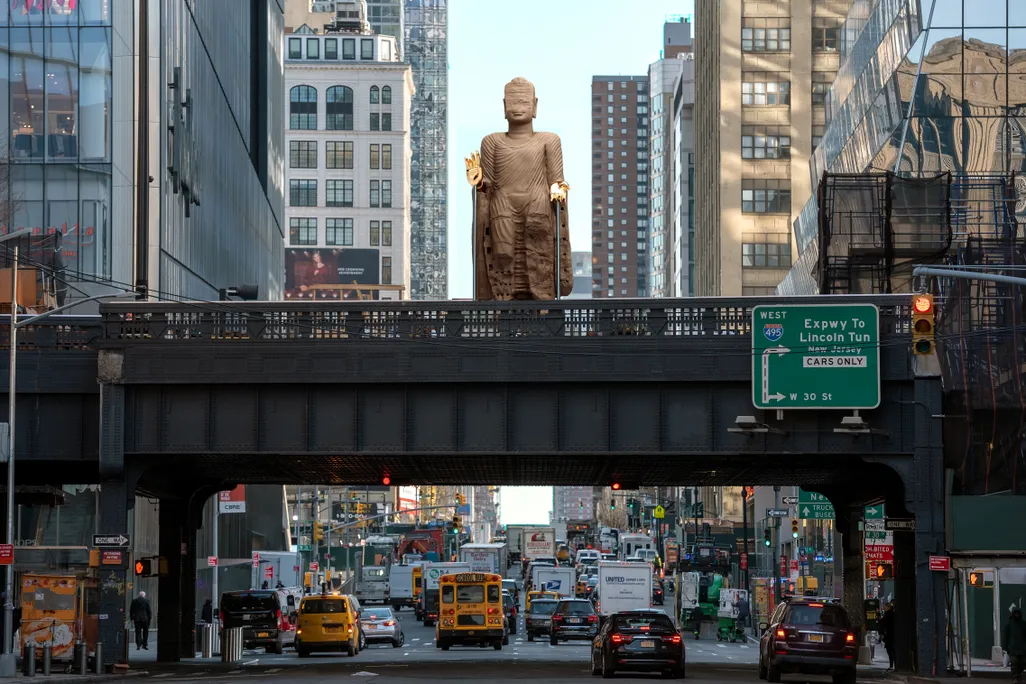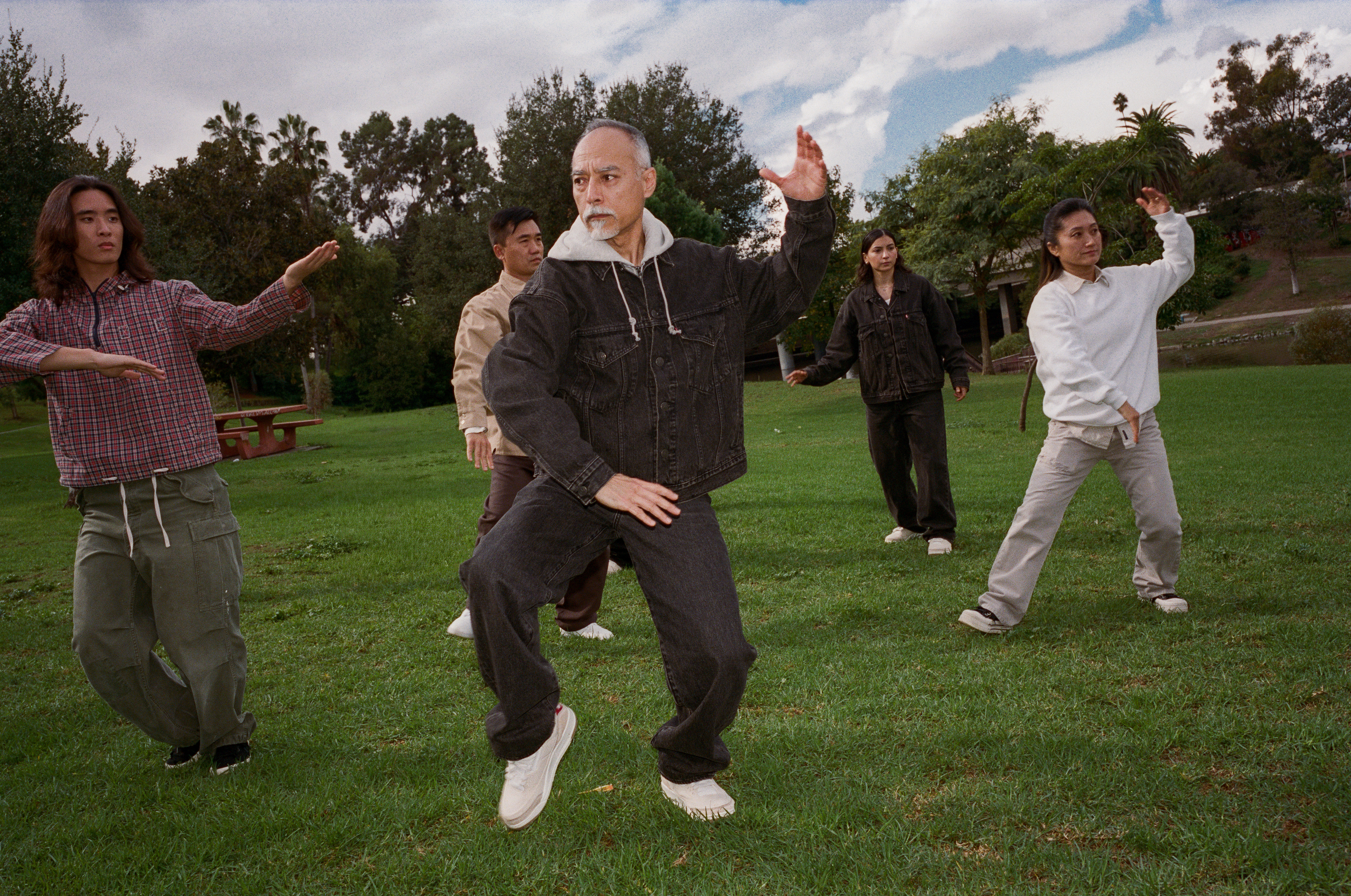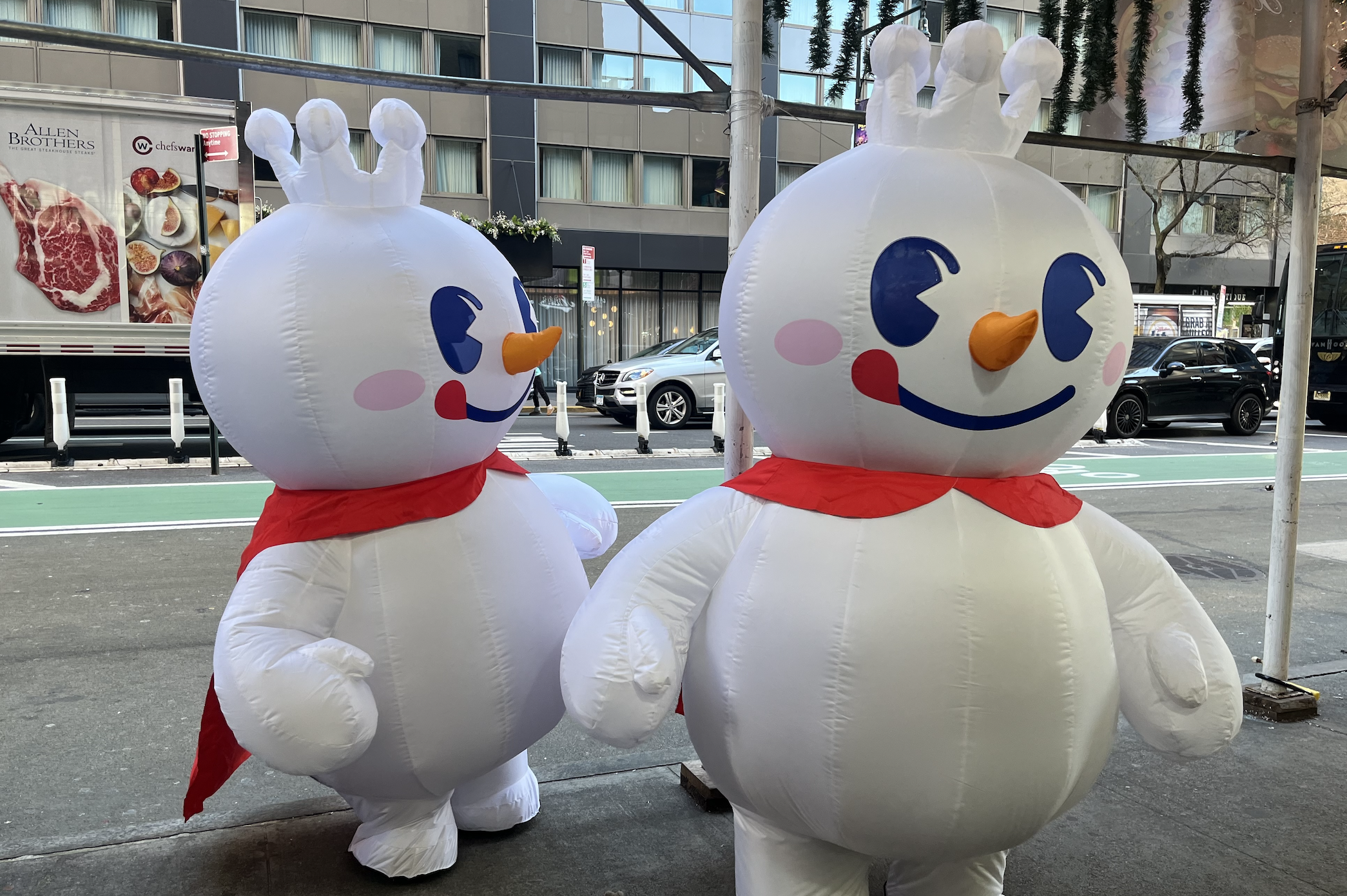2020 has been a difficult year for everyone — but especially for those working in the arts. Contemporary artists, galleries, and museums have had to deal with exhibition closures and lockdowns all over the world, forcing the industry as a whole to experiment with new ways of exhibiting work.
On Friday, November 20, 2020, RADII hosted a live chat on our Instagram between RADII Culture Editor Bryan Grogan and digital artist Cao Fei. One of the most widely recognized voices of her generation, she has presented works in the 50th, 52nd, and 56th Venice Biennales, and held solo exhibitions at world-renowned institutions such as the Centre Pompidou, MoMA PS1, and Serpentine Gallery.
Related:
 Artist Cao Fei on Why We’re “Drifting in the Virtual World Without an Exit”The artist’s solo show at Serpentine Galleries in London explores two decades of her fascinating workArticle Aug 06, 2020
Artist Cao Fei on Why We’re “Drifting in the Virtual World Without an Exit”The artist’s solo show at Serpentine Galleries in London explores two decades of her fascinating workArticle Aug 06, 2020
She joined us to share her insights on the future of artistic collaboration in the post-Covid world. She also discussed her worries about our dependence on technology, how we are increasingly living overloaded lives, and what it means to put Chinese art into context for those living outside of the country.
Below are some edited highlights from their conversation. You can watch the full video embedded here:
On Dependence on Technology
Cao Fei: I have two children and they are always on their iPads and computers. Even when you go outside, on the streets or on the subway, everyone is always on their phones. It’s hard to say whether to worry or not because we, including me, are all in this wave.
We cannot handle or control ourselves when it comes to this issue. We criticize it but also enjoy it, so we cannot criticize but continue using these gadgets constantly — there’s going to be a conflict.
Yesterday, I saw a museum show in Beijing at the X Museum, and a lot of the young generation are using new materials and mediums like VR and digital work. It’s very different to the old generation’s use of paintings, sculptures, and conceptual art.
It’s hard to say we shouldn’t worry, but we have no choice. We are already in the deep end with use of technology and the internet.
Related:
 Beijing Art Museum M WOODS is Launching a Gallery Inside “Animal Crossing”One of China’s pioneering art institutions lands on the hit game of the momentArticle Apr 09, 2020
Beijing Art Museum M WOODS is Launching a Gallery Inside “Animal Crossing”One of China’s pioneering art institutions lands on the hit game of the momentArticle Apr 09, 2020
On Internet Addiction
Cao Fei: My son plays a lot with slime. I think this is quite symbolic for me of the new generation — it’s like slime. When I was a kid, we would play with different things and in different ways, like drawing or building things — when we played it was constructive and had meaning.
But, when you play with slime, it’s something that has no shape, but is about feeling. It makes you feel less pressure but is also very sticky.
I think this is the feeling of the new generation, kind of sticking and our being hard to describe — like slime, it’s very sticky. Sticky with time, our lives, having nothing special during these difficult times. And you also have the feeling where you have to push out your feelings, so you play with sticky things.
That is my feeling about why people have this strong addiction to the internet.
On Living Overloaded Lives
Cao Fei: I just feel that everything is sped up. Like my children, for example, they say, “oh it’s just a year, it isn’t that long,” but when I was a kid I thought that every day was so long. I felt that our lives were so boring, we only had TVs and played with friends, whereas we now have so much media and technology.
Related:
 From Lovers to Duck Demons, Unusual Virtual Services are Booming on the Chinese InternetIn China, fake boyfriends and unconditional compliments are at your fingertipsArticle Aug 11, 2020
From Lovers to Duck Demons, Unusual Virtual Services are Booming on the Chinese InternetIn China, fake boyfriends and unconditional compliments are at your fingertipsArticle Aug 11, 2020
There’s so much that stimulates children nowadays and there are distractions everywhere. So I think we have an overloaded life, because of all these gadgets.
Although they make our lives easy and accessible, we need to find ways to ground ourselves more and restructure our family lives to prioritize the important things. It is very challenging though.
On How Covid-19 Has Changed Art
Cao Fei: I think all the artists are facing the same condition. It’s very sad, I see a lot of artists and curators in the US or UK facing their second lockdown, and I can’t imagine how they will have had almost a year of lockdown. I think it takes time for artists to think about these changes and how to transfer these understandings to our work. Nowadays I have less studio visits, but before, every week I’d have [foreign visitors] and curators visiting my studio. Now we have local visitors only.
Lots of places have also invited me to show my works online. We can see that nowadays virtual experiences are becoming more popular, and more artists are using this method. Exhibition space will change, as will the connection of people to the artwork.
For me, I’ve been trying other mediums, [such as] what I did in the past with VR or AR. I feel the intimate experience is quite important […] because when I have my VR headset on, I’m in my own world. It’s different to watching a film on the computer or in the cinema, so I think everyone can develop 3D experiences.
Related:
 Has Covid-19 Permanently Changed China’s Daily Reliance on Tech?From food to retail, technology changed daily life in China for most of 2020 – but how much of it will last?Article Sep 01, 2020
Has Covid-19 Permanently Changed China’s Daily Reliance on Tech?From food to retail, technology changed daily life in China for most of 2020 – but how much of it will last?Article Sep 01, 2020
It’ll be important to develop things in the future to support this. VR is easy to be shared online and on virtual platforms, especially when we’ve lost our physical spaces.
Header image: “Nova.” Courtesy of the artist, Vitamin Creative Space and Sprüth Magers
















